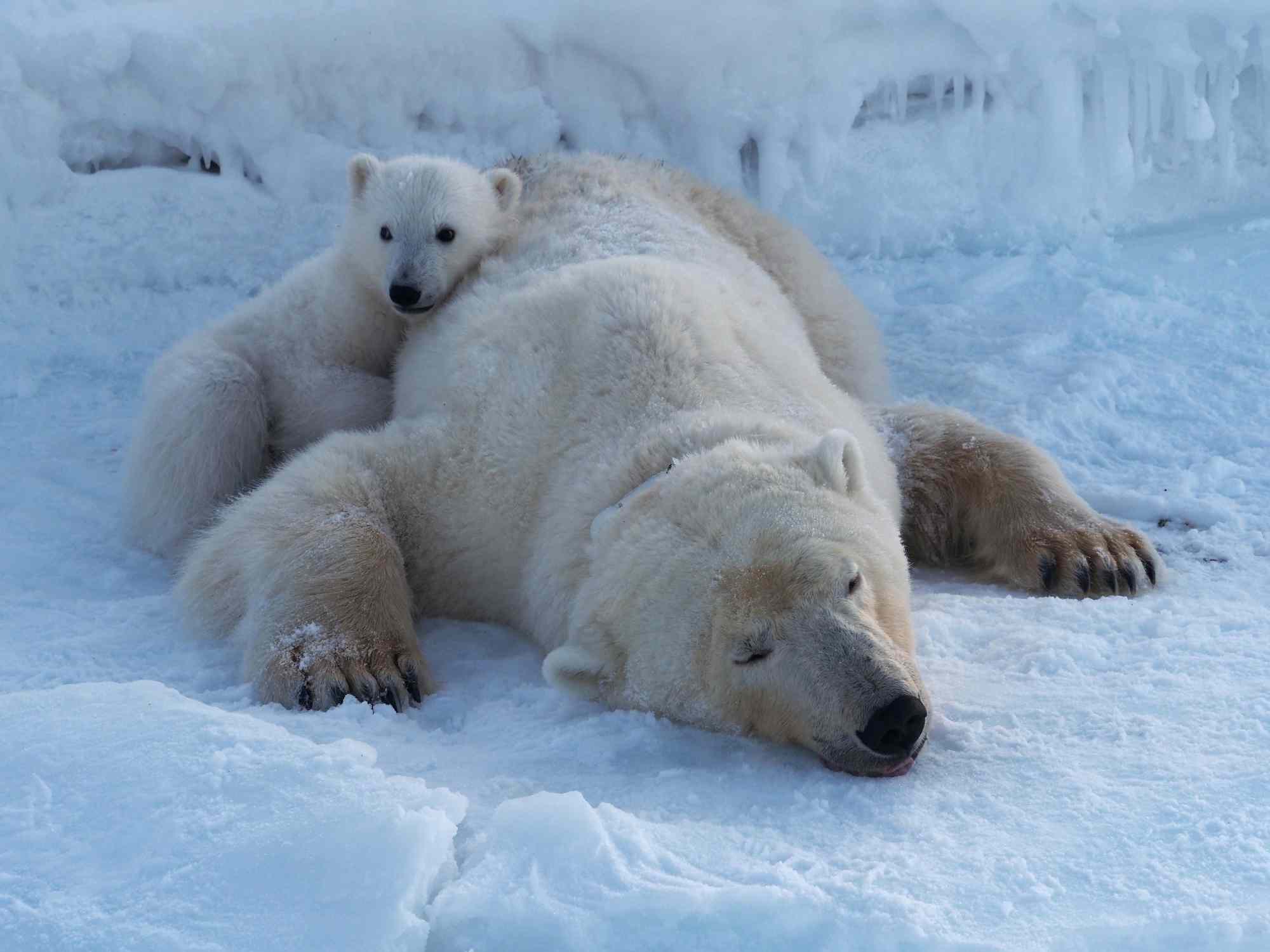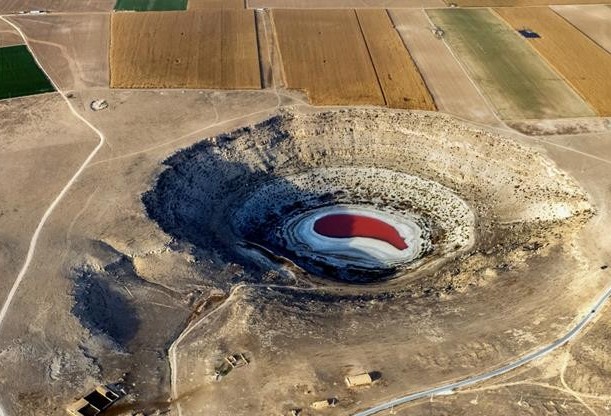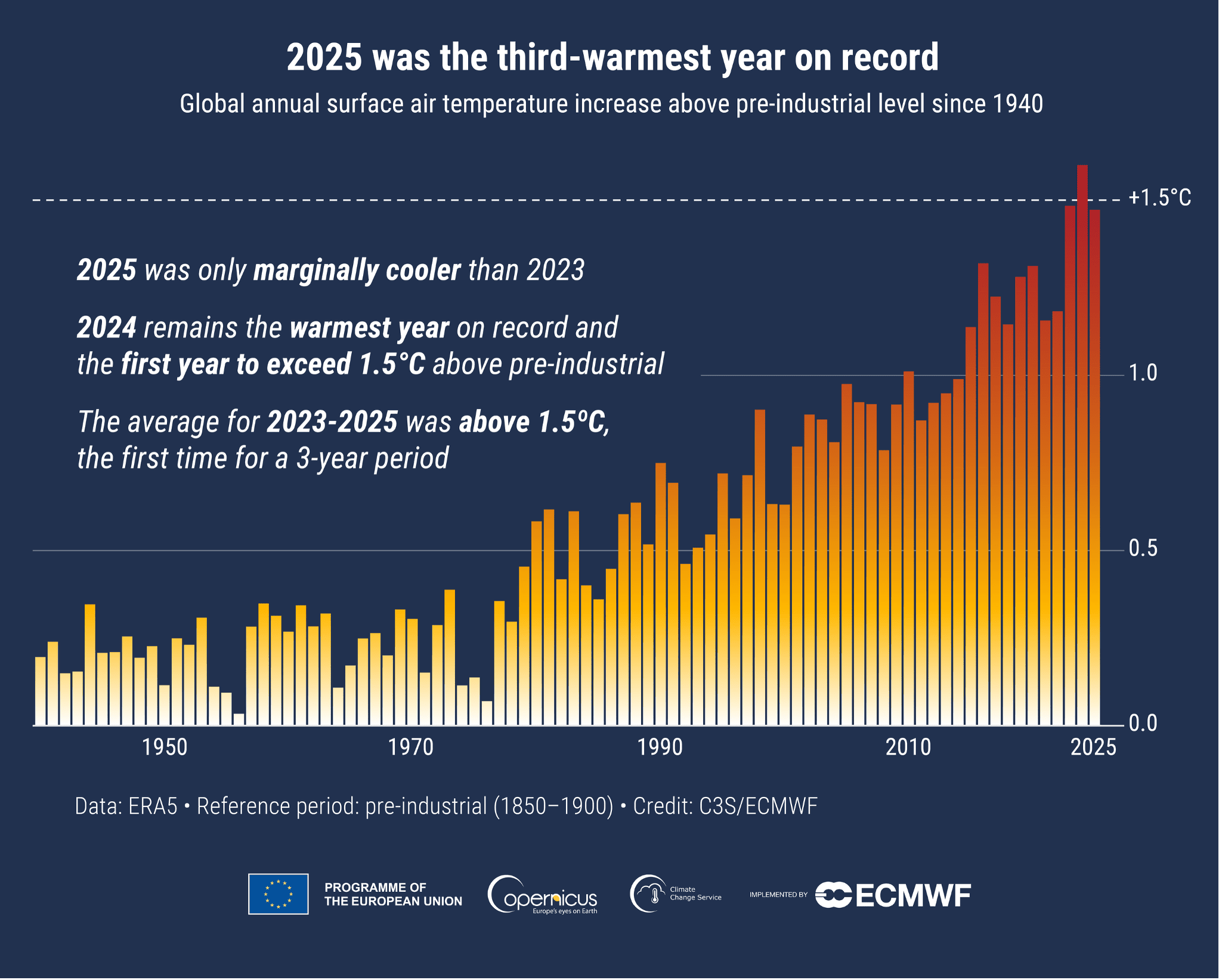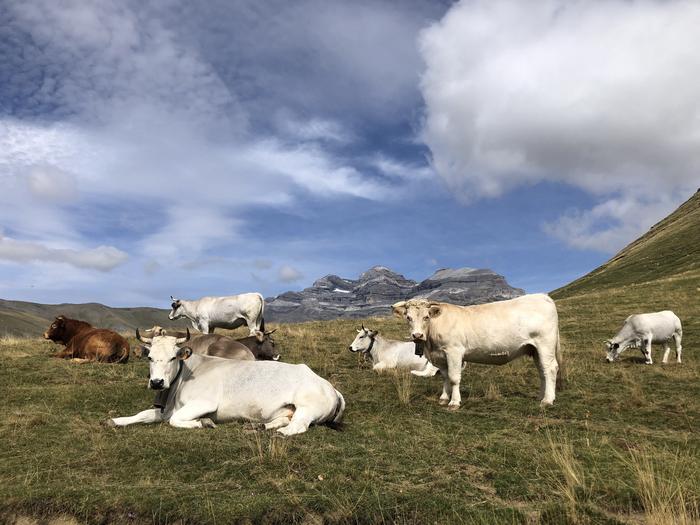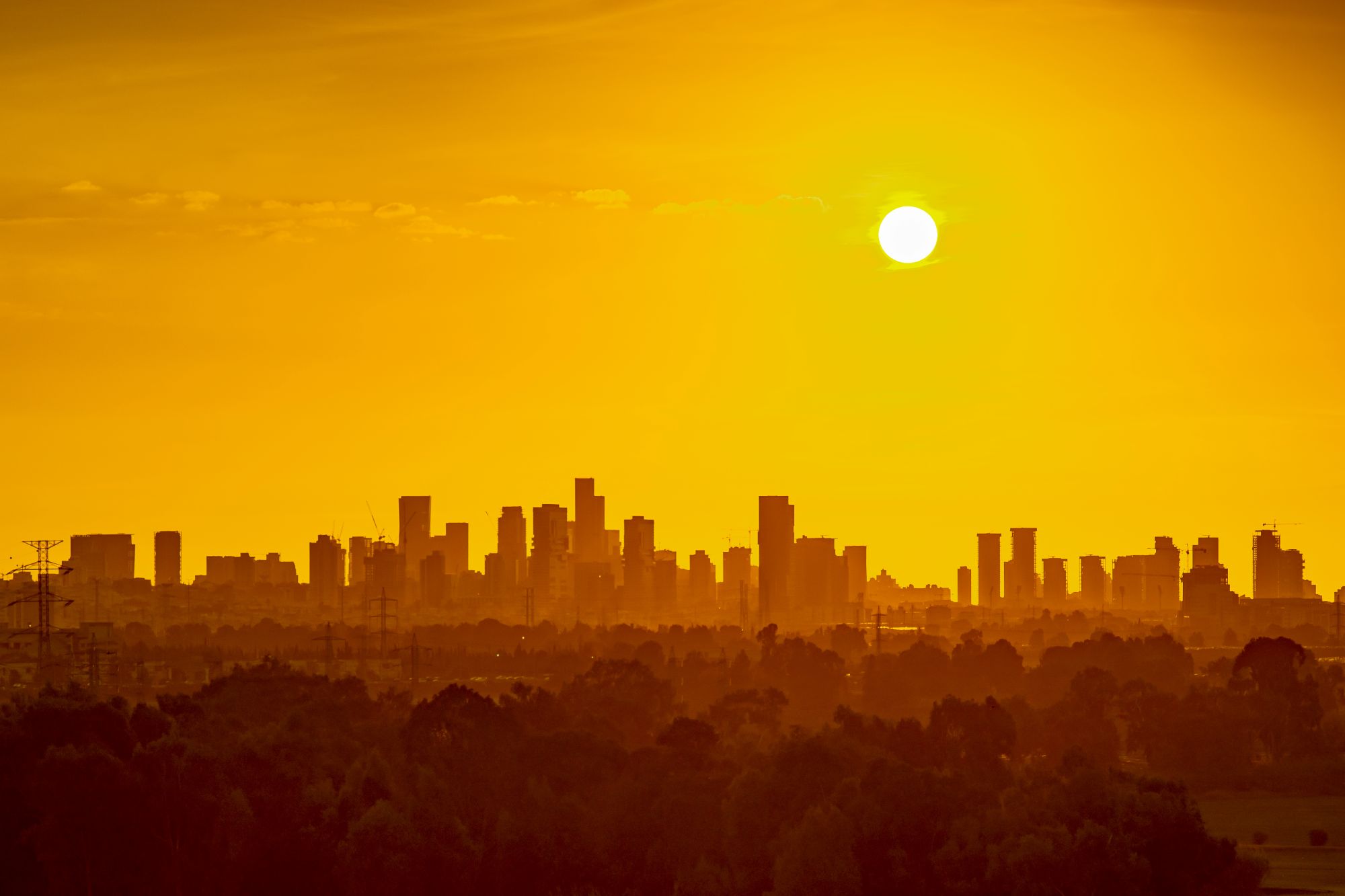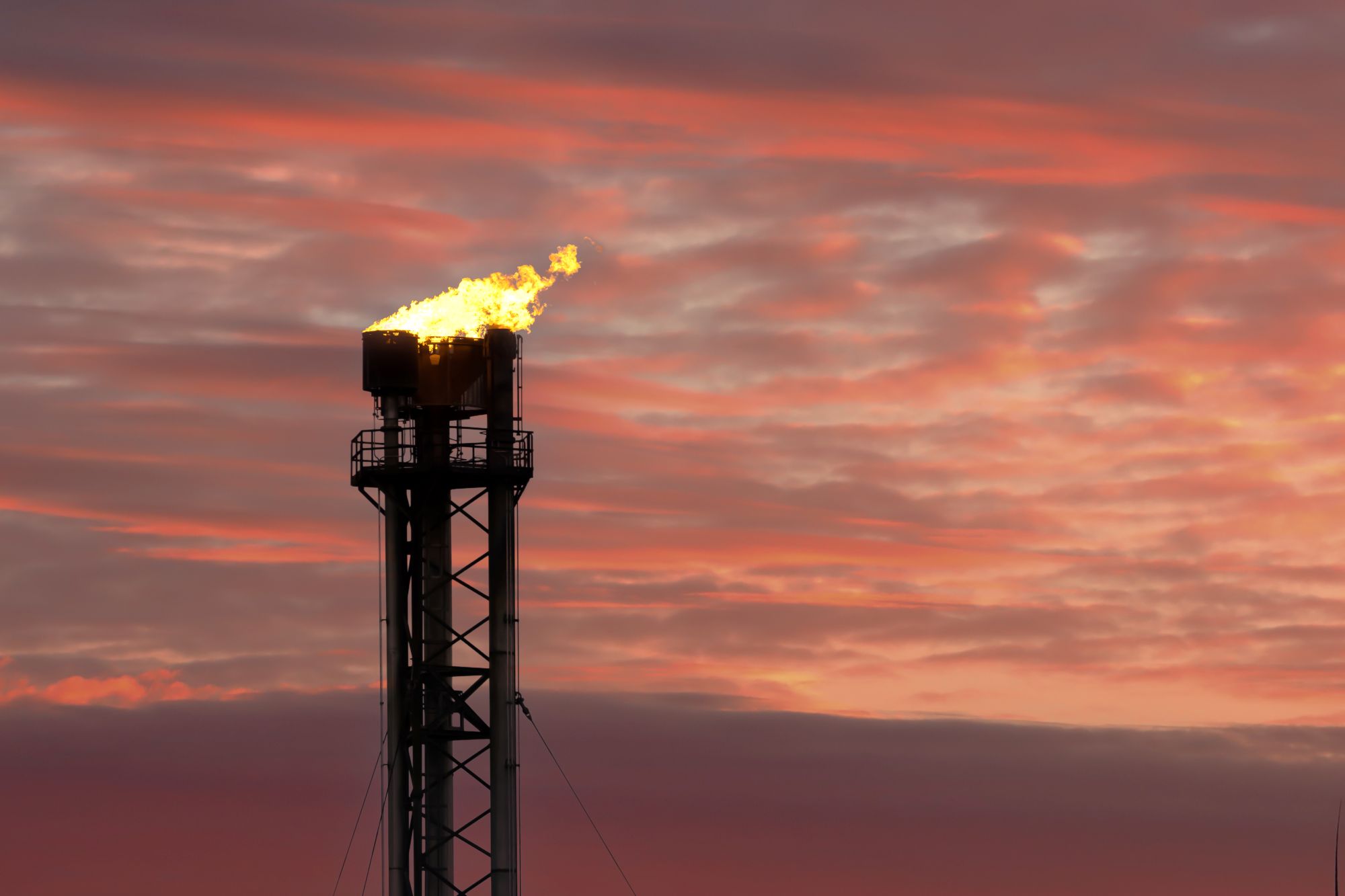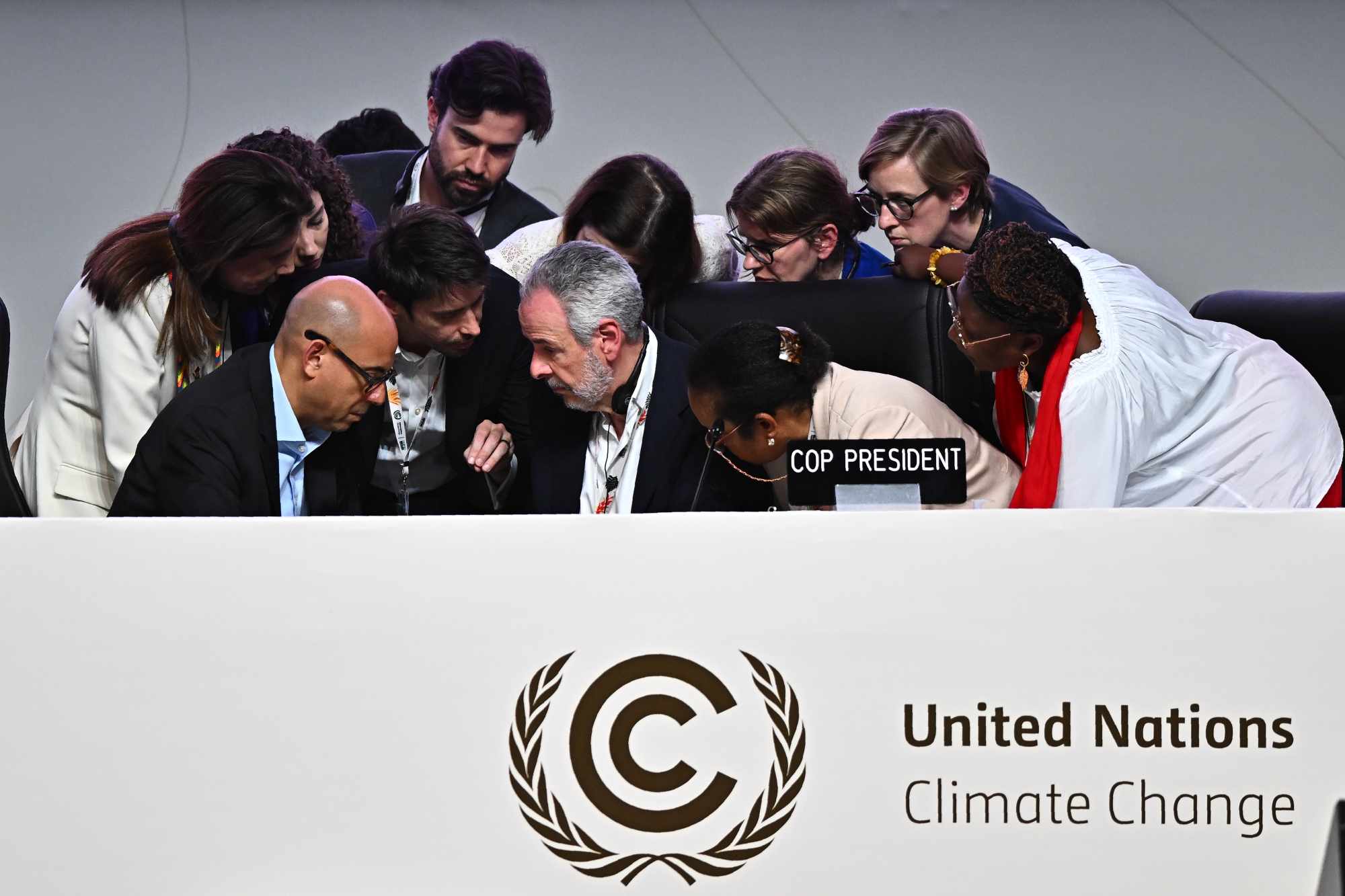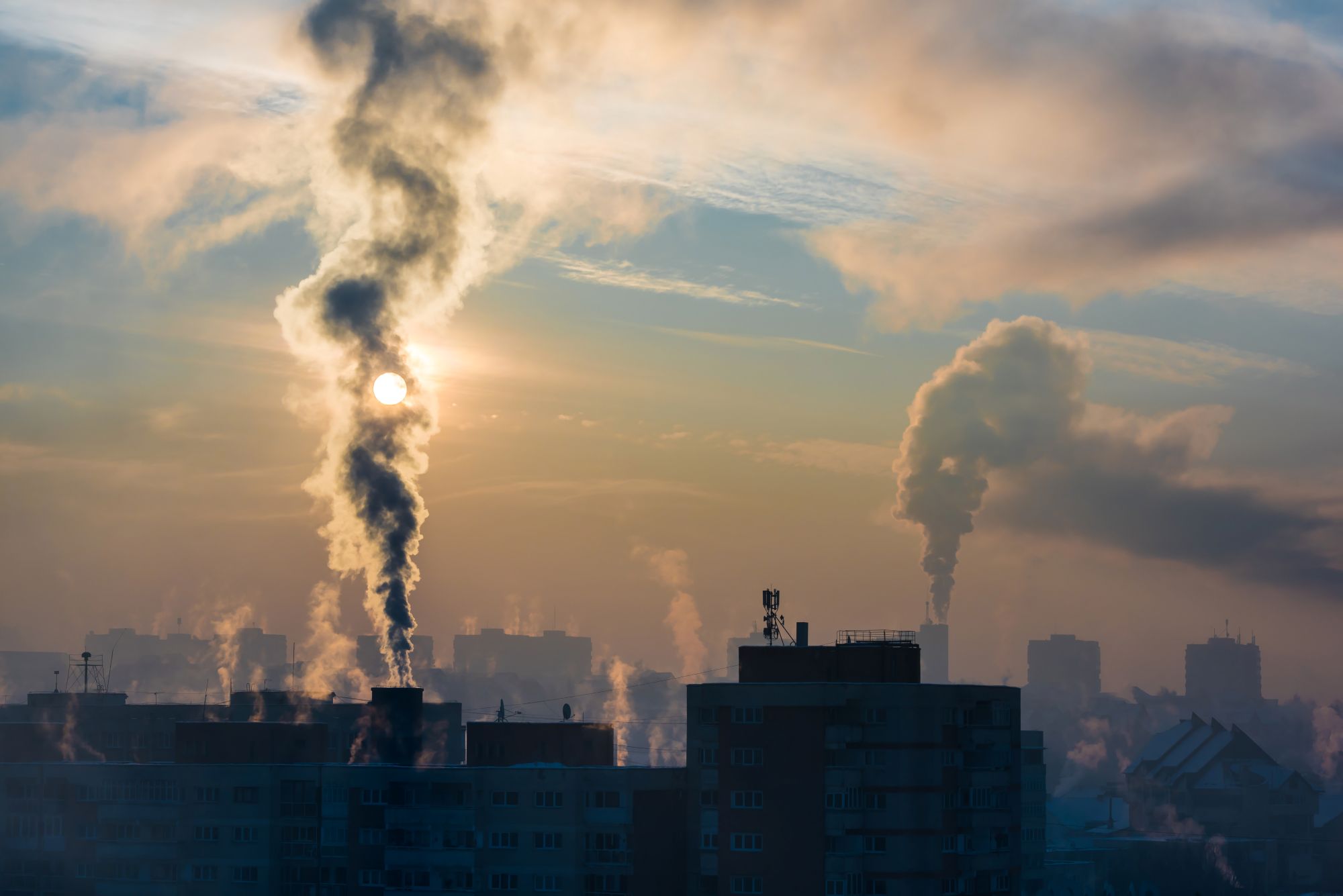Body fat reserves of Svalbard polar bears increased over last two decades, though ice levels decreased
The body composition index – used to estimate body fat reserves – of polar bears in Svalbard declined between 1995 and 2000, but then increased until 2019, despite the fact that the number of ice-free days in this Norwegian Arctic archipelago increased by about four days per year during that period. "Increases in some prey species, including harbour seals, reindeer, and walrus, may partly offset reduced access to seals," the authors write in Scientific Reports.
